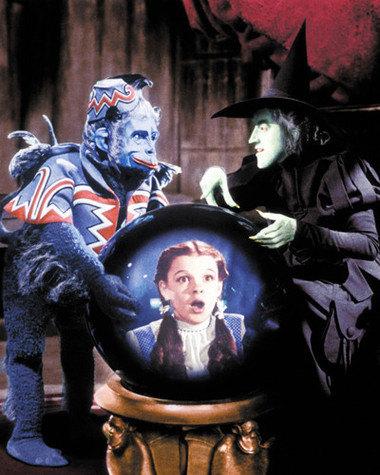N.S. Golemi, M.A., LPC
In toxic family systems, there are often several key dynamics at play that reinforce the maintenance of abuse of its members. Those who grow up in such an environment may not become aware that they are being manipulated by the primary abuser(s) until years later. An unfortunate few never awaken to the reality of the situation and remain entrenched in their assigned roles. Although this list is far from exhaustive and roles may be combined, it may be beneficial to investigate a basic understanding of who is who:
The Scapegoat
Families with poor boundaries and abuse dynamics often displace the responsibility for bad behavior onto one individual. This person is perpetually “wrong” and, unlike the Golden Child, is always in the spotlight for the wrong reasons. The Scapegoat is also known as the “Black Sheep.” The Scapegoat typically struggles to accept the abuse for what it is.
The Golden Child
The Golden Child has been chosen by the abusive parent(s) to be the one who excels at everything. This individual most frequently does the bidding of the abusive caregiver and attempts to get other family members on the parent’s side. Since the Golden Child must fully endorse this script in order to survive in the chaos and is highly reinforced by praise and attention, they may not awaken to their role in the abuse for many years. Children who grow up in this role often struggle with toxic perfectionism and anxiety.
The Lost Child
This individual has found hiding to be an effective measure of protection against toxic family dynamics. They may spend a great deal of time away from the rest of the family, absorbed in activities that occupy their full attention and numb their feelings. Since Lost Children have learned this effective protective mechanism in childhood, they may continue it into adulthood and suffer from addictions.
The Martyr
This person is the one who “sacrifices” the most for an “ungrateful family” and complains about it, but never lets anyone else help. They have a need to do things for others in order to maintain their level of control within the family.
The Enabler
Enablers refuse to confront unhealthy behavior and tolerate their (e.g.) spouse’s abuse of the children. Enablers also help give the outside world the impression that “everything is fine” and “normal.”
Flying Monkeys
Just like the Wicked Witch of the West got her flying monkeys to do her bidding in the Wizard of Oz, flying monkeys in abusive family systems reinforce the primary abuser’s will. Those who are unaware they are reading from a toxic script may use guilt or manipulation to trap other family members into engaging with the abuser.
You may find yourself under the impression you were having lunch with one family member, only to be surprised with the announcement that the abusive individual will be joining you. The message is “you need to be a good (insert role ____).” Or, the flying monkey will call you up and guilt you into spending time with the abuser or telling to you “just let it go.” Flying monkeys may make appeals to your spirituality by saying things such as “real forgiveness means ___” and “I can’t believe you’re a real Christian if you can’t even have lunch with (abusive family member).” Your emotions are perspectives are minimized and the abuse you endured or are enduring may be completely denied (also called gaslighting). Scapegoats are highly susceptible to recruitment attempts from flying monkeys.
You may be wondering how to handle this situation. It is imperative that you find a therapist skilled in this abuse dynamic. To learn more about levels of contact you can have with abusive family members, read more at “Should I Still Have Contact With My Toxic Family Member?”

